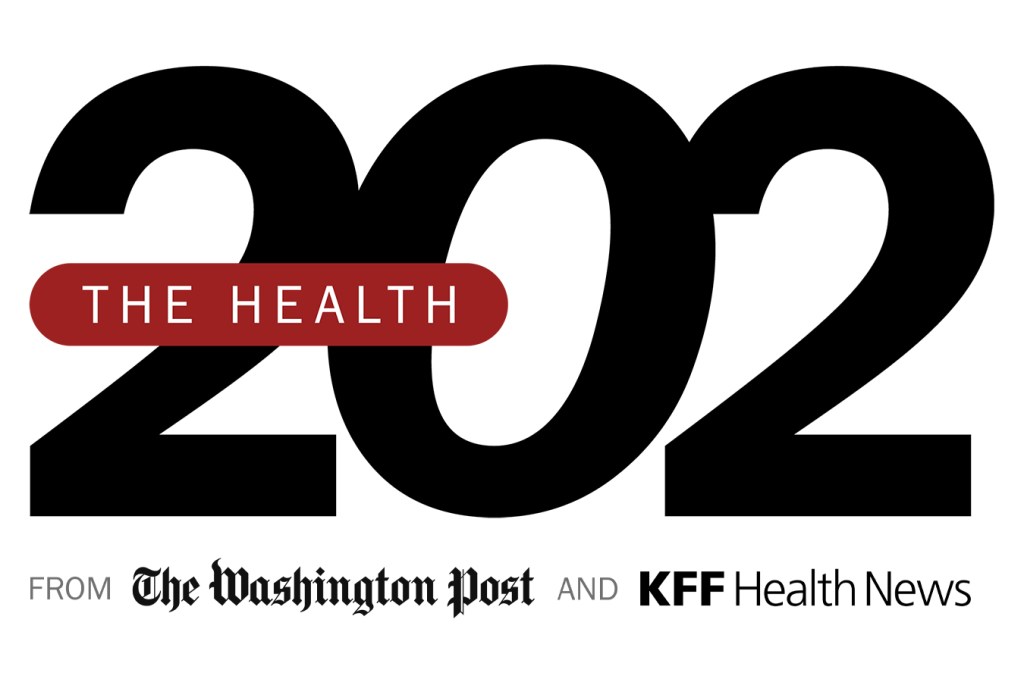Ash Panakam is about to graduate from Harvard Medical School. She’s from Georgia and always assumed she would return to the South for her residency. But the Supreme Court’s 2022 decision overturning the nationwide right to abortion changed everything.
“Ultimately I shifted my selection pretty drastically,” she said. “I was struggling to find a residency program in the South where I could still get the training I consider fundamental to the skill set needed to be an OB/GYN.” Instead of going home to Georgia, she’s headed to Pittsburgh to start her medical residency this summer. Panakam has plenty of company.
For the second year running, fewer graduating U.S. medical students applied for residency training in states with abortion bans or restrictions than in the previous year, according to data from the Association of American Medical Colleges. (Overall applications were down slightly, because students are being urged to apply to fewer programs, but the decrease was markedly larger in states where abortion is illegal or significantly restricted.)
It’s not just obstetrician-gynecologists; the decline crosses specialties, including those that don’t serve primarily pregnant patients. That could threaten the future of the overall medical workforce in states with bans, because doctors tend to locate permanently where they do residencies.
“The geographic misalignment between where the needs are and where people are choosing to go is really problematic,” said Debra Stulberg, who chairs the Department of Family Medicine at the University of Chicago. “We don’t need people further concentrating in urban areas where there’s already good access.”
The concerns of graduating medical students extend beyond their ability to practice medicine; they’re also worried about their own health, or that of their partners. “People don’t feel safe potentially having their own pregnancies living in those states,” Stulberg said.
Some students say it’s a hard decision.
“I feel some guilt and sadness leaving a situation where I feel like I could be of some help,” said new medical school graduate Hannah Light-Olson, who will leave Nashville for OB/GYN training at the University of California at San Francisco this summer. “I feel deeply indebted to the program that trained me, and to the patients of Tennessee.”
It’s not that residency programs are going unfilled. There are still more graduating students from medical schools both in the United States and abroad than there are residency slots. But Beverly Gray, an associate professor of obstetrics and gynecology at Duke University School of Medicine, worries that abortion restrictions impact “whether we have the best and brightest coming to North Carolina.”
Residents in states where abortion is banned will still get training in abortion techniques, which are also used for miscarriages and other conditions. But to train on the procedures they’ll have to leave the state. And some students worry the training won’t be sufficient.
“I would rather have not become an OB/GYN than not be trained as a good one,” said Laura Potter, who is moving from medical school at the University of California at Davis to residency at Mass General Brigham in Boston.
But there are students choosing to train in states with abortion restrictions to make sure patients there get the care they need. And others hope to relocate to those parts of the country after their training — including Panakam.
“Long term, I still hope to practice in the South,” she said. “But at this point in my professional journey, it’s a little too early for me to restrict my training in any meaningful way.”
This article is not available for syndication due to republishing restrictions. If you have questions about the availability of this or other content for republication, please contact NewsWeb@kff.org.
>>> Read full article>>>
Copyright for syndicated content belongs to the linked Source : Kaiser Health News – https://kffhealthnews.org/news/article/health-202-abortion-bans-medical-school-graduates-avoiding-states/
